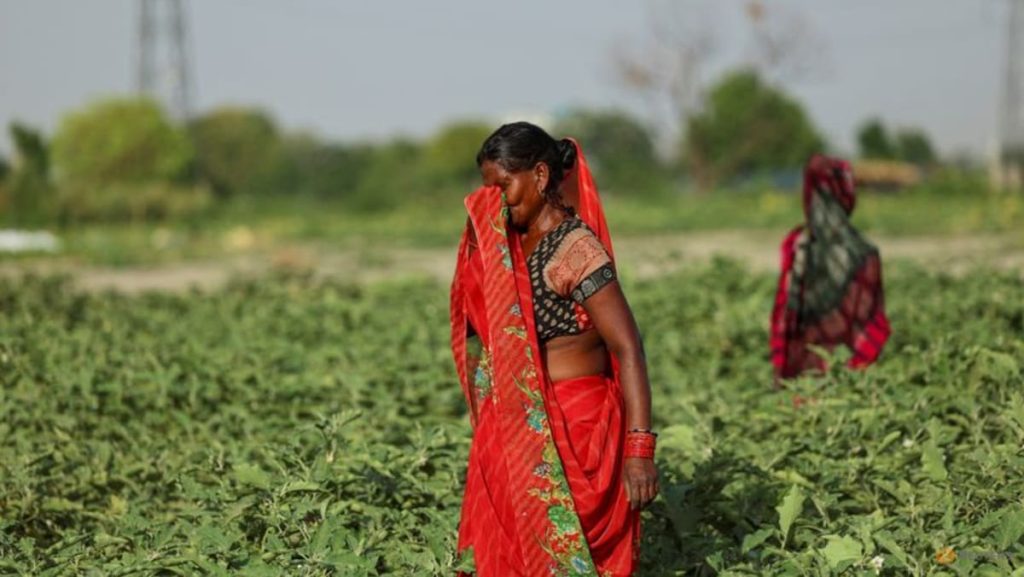In Delhi, the high temperatures have been causing distress to the city’s wildlife, with birds and monkeys fainting or falling sick. To provide relief to the 1,200 animals residing in the city zoo, officials have implemented summer management strategies such as adjusting their diet to include more liquid and water-rich fruits and vegetables. The zoo has also installed pools and sprinklers to help the animals cool down in the scorching heat, with the temperature expected to reach 43 degrees Celsius.
The severe heatwave in Delhi has already claimed its first heat-related death and is exacerbating an acute water shortage in the city. This is part of a larger trend across Asia, where billions of people are facing extreme heatwaves as a result of human-induced climate change. In neighbouring Pakistan, temperatures have soared to 52.2 degrees Celsius, leading to forest fires and other climate-related challenges. India, as the world’s third-largest emitter of greenhouse gases, has committed to becoming a net-zero emitter by 2070.
While some regions of India are grappling with the impact of heatwaves, the northeastern states of Manipur and Assam are facing heavy rainfall and flooding after Cyclone Remal. Several areas have been inundated, further exacerbating the challenges faced by communities in these regions. On the other hand, monsoon rains have arrived early in the southern state of Kerala, offering some relief to residents and farmers who rely on rainfall for agricultural activities.
The extreme weather events, including heatwaves, heavy rainfall, and early monsoon arrival, highlight the growing impact of climate change on India and its neighbouring countries. These challenges are not limited to wildlife in Delhi’s zoo but are also affecting communities, agriculture, and infrastructure across the country. It underscores the urgent need for countries to take decisive action to reduce greenhouse gas emissions and mitigate the impact of climate change on vulnerable populations.
As countries in the region continue to grapple with the consequences of climate change, it is crucial for governments, policymakers, and communities to work together to implement solutions that can help build resilience and adapt to a changing climate. This includes investing in sustainable infrastructure, promoting renewable energy sources, and protecting ecosystems that play a crucial role in mitigating climate change. By taking proactive measures and working collectively, countries can reduce the risks associated with extreme weather events and build a more sustainable future for all.















